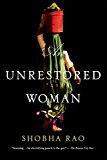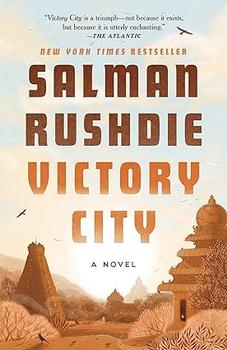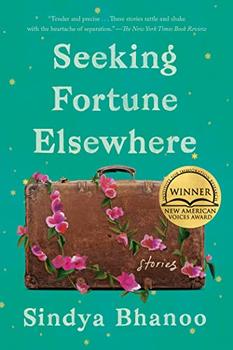Summary | Excerpt | Reading Guide | Reviews | Beyond the book | Read-Alikes | Genres & Themes | Author Bio

The twelve paired stories in Shobha Rao's An Unrestored Woman trace their origins to the formation of India and Pakistan in 1947, but they transcend that historical moment.
A young woman in a crushingly loveless marriage seizes freedom in the only way left to her; a mother is forced to confront a chilling, unforgiveable crime she committed out of love; an ambitious servant seduces both master and mistress; a young prostitute quietly, inexorably plots revenge on the madam who holds her hostage; a husband and wife must forgive each other for the death of their child.
Caught in extreme states of tension, in a world of shifting borders, of instability, Rao's characters must rely on their own wits. When Partition established Pakistan and India as sovereign states, the new boundary resulted in a colossal transfer of people, the largest peacetime migration in human history.
This mass displacement echoes throughout Rao's story couplets, which range across the twentieth century, moving beyond the subcontinent to Europe and America. Told with dark humor and ravaging beauty, An Unrestored Woman unleashes a fearless new voice on the literary scene.
Rao confronts issues head-on. With confidence and courage, she writes the thin line between shying away from violence and indulging in it. She writes the terrible beauty of life and of death. An Unrestored Woman is an auspicious debut. It is one of the most resonant works I have read in a long time. I could not bear to let these characters go, and the last lines left me hungering for more...continued
Full Review
 (1133 words)
(1133 words)
(Reviewed by Naomi Benaron).
 At the stroke of midnight on August 15, 1947, Britain withdrew from India and the country split into two so as to form an independent Muslim country to the north-east and north-west of India. Although the British withdrew essentially without incident, the decision to partition India set off a tsunami of violence and what is considered the largest single episode of human migration in history. Somewhere between 12 and 15 million people—depending on the source—abandoned their generational homelands and fled, Muslims to West and East Pakistan (now Bangladesh), and non-Muslims, including Hindus, Sikhs, and Christians, to India. Between 1 and 2 million people were murdered, and approximately 75,000 women were kidnapped, raped, and ...
At the stroke of midnight on August 15, 1947, Britain withdrew from India and the country split into two so as to form an independent Muslim country to the north-east and north-west of India. Although the British withdrew essentially without incident, the decision to partition India set off a tsunami of violence and what is considered the largest single episode of human migration in history. Somewhere between 12 and 15 million people—depending on the source—abandoned their generational homelands and fled, Muslims to West and East Pakistan (now Bangladesh), and non-Muslims, including Hindus, Sikhs, and Christians, to India. Between 1 and 2 million people were murdered, and approximately 75,000 women were kidnapped, raped, and ...

If you liked An Unrestored Woman, try these:

by Salman Rushdie
Published 2024
The epic tale of a woman who breathes a fantastical empire into existence, only to be consumed by it over the centuries—from the transcendent imagination of Booker Prize–winning, internationally bestselling author Salman Rushdie.

by Sindya Bhanoo
Published 2023
These intimate stories of South Indian immigrants and the families they left behind center women's lives and ask how women both claim and surrender power - a stunning debut collection from an O. Henry Prize winner.